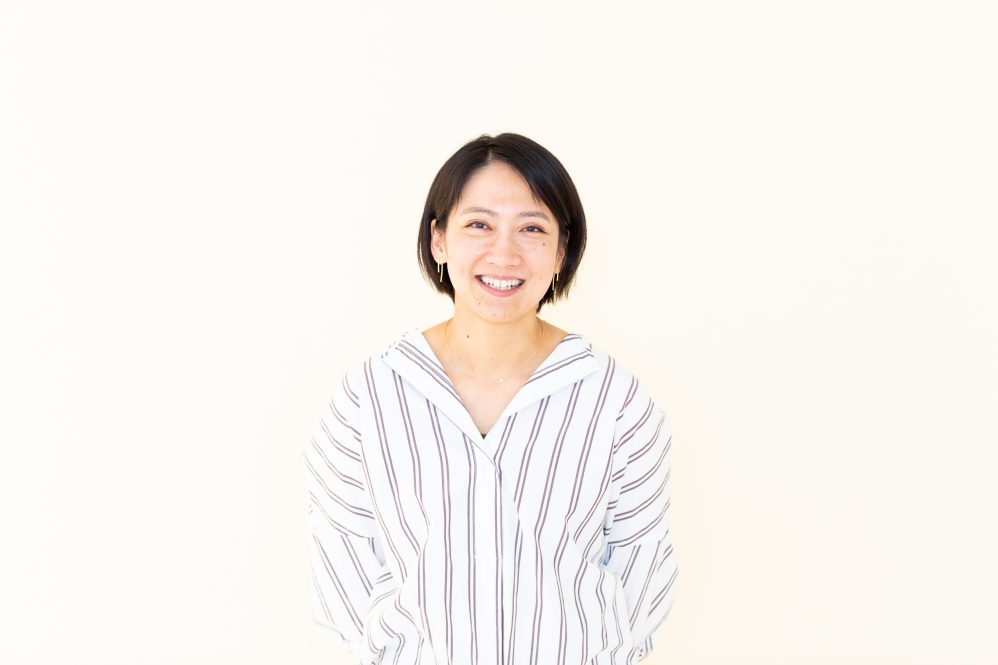Yuri Hosokawa ’16 (CAHNR) already knows her life’s mission, and it’s no small feat. The kinesiology and exercise science alumna wants to improve pre-hospital care for people at high risk of exertional heat stroke in her home country of Japan. Thanks to the knowledge she gained at UConn and her drive to make a difference, Hosokawa has the opportunity to achieve this goal much sooner than she ever expected.
In preparation for the Tokyo 2020 Summer Olympics, Hosokawa has served as a member of the Adverse Weather Impact Expert Working Group for the International Olympic Committee (IOC), and is also a key liaison between the IOC and the local Tokyo organizers.
Due to the global COVID-19 pandemic, the Olympic games originally scheduled for summer 2020 in Tokyo were postponed, and are now taking place this July and August. Hosokawa’s role on the committees is to ensure Tokyo 2020 – which still bears that name despite the postponement – follows the international standard for treating exertional heat stroke, which involves overcoming several challenges.
In Japan, athletic trainers are not licensed medical professionals. As a result, immediate, on-the-field care for athletes experiencing exertional heat stroke is very limited. Patients instead are typically transported to a hospital. The added time before cooling care begins can lead to complications or even death for the patient experiencing exertional heat stroke.
Hosokawa, who is now an associate professor in the School of Sports Sciences at Waseda University in Japan, understood this stark difference in standard care for exertional heat stroke in Japan versus the U.S. thanks to her training in America. At UConn and the Korey Stringer Institute (KSI), her professors stressed the importance of practices like quickly cooling down an athlete experiencing exertional heat stroke with ice water immersion.
“If it wasn’t for my training at UConn and KSI, I don’t think I would have gotten this opportunity,” Hosokawa says.
Kinesiology professor and CEO of the Korey Stringer Institute Douglas Casa knew Hosokawa would be an invaluable member of the International Olympic Committee team. Casa was working with the IOC to help plan ways to keep athletes safe during the games, which are expected to be the hottest in Olympic history.
“Yuri is one of the most impressive researchers I’ve ever worked with,” says Casa, who was her mentor and dissertation advisor while she was a doctoral candidate at UConn, and was also a colleague when she became the director of communication and education at KSI. “She brings a wealth of expertise to this work and a passion to make a difference for athletes in these summer games and beyond.”
In her work with the IOC and local organizing committee, Hosokawa is emphasizing the importance of having qualified volunteer medical professionals on the field for high-risk events like the marathon, triathlon, and field hockey. She is overseeing training staff providing care so they can administer basic, but lifesaving, pre-hospital procedures right away without waiting for ambulance transportation. This approach is all the more important since many of the medical professionals working for major athletic events are orthopedic surgeons who usually have no experience dealing with exertional heat stroke in their daily practice.
Hosokawa is tapping into her own research to ensure care at these Olympic games and beyond. She recently published a paper in the British Journal of Sports Medicine outlining a globally applicable algorithm for prehospital care. This algorithm provides medical professionals with specific guidance for exertional heat stroke care including equipment needs, care and cleaning procedures, and medical charts.
Hosokawa says she hopes this experience will translate to other major athletic events like future Olympics, the World Cup, and the Asian Games, especially as many parts of the world are experiencing more frequent and intense heatwaves due to climate change.
“I’m hoping Tokyo 2020 becomes an opportunity to learn about the international standard of care and it becomes a legacy in Japan and around the world,” Hosokawa says.
Follow UConn CAHNR on social media



